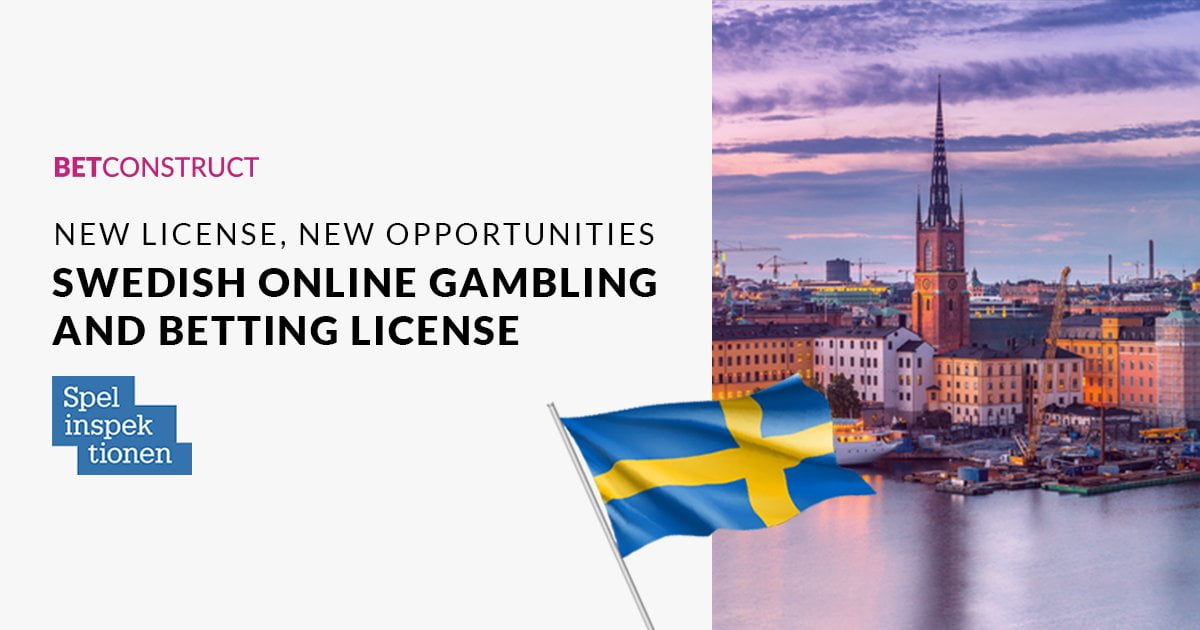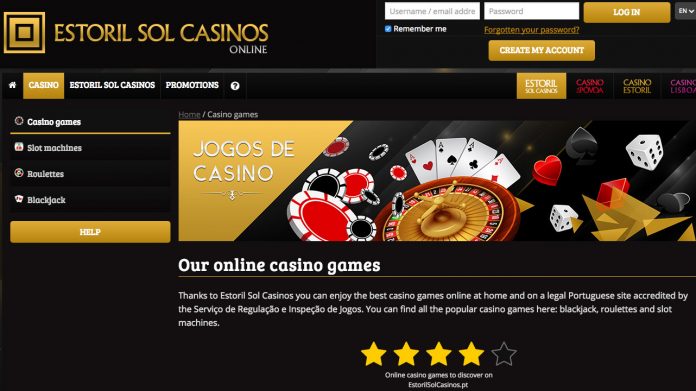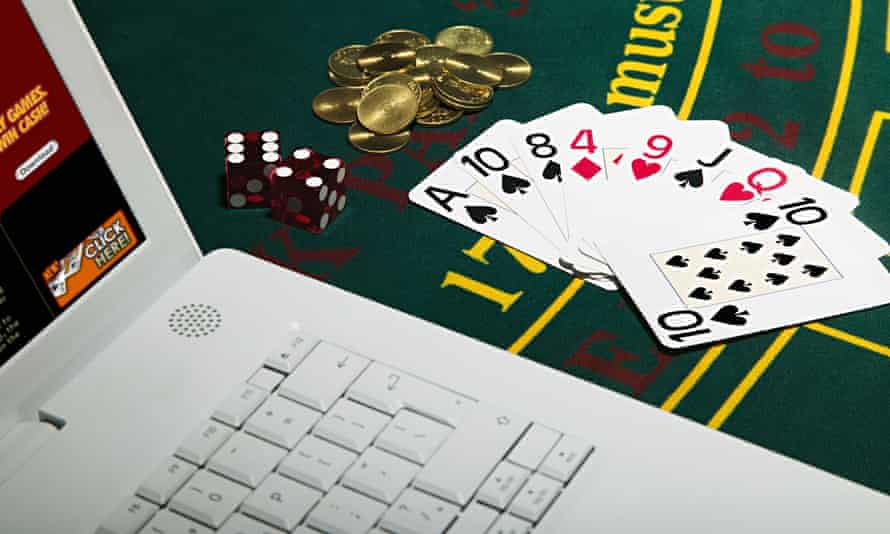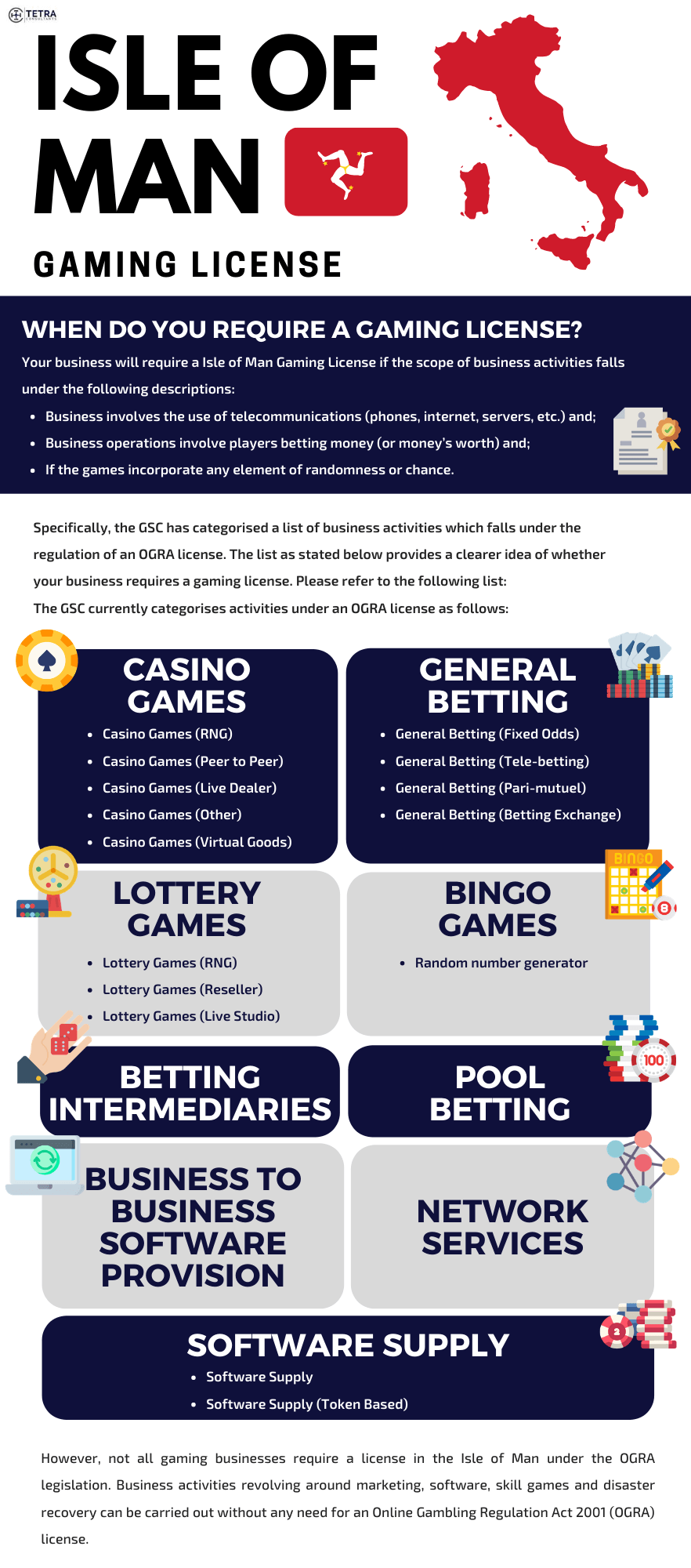Online Casino Licence
An online casino operating without a licence looks almost exactly like a licenced casino. The layout of the site, the design, and the graphics will look professional. The quality of the overall effect may appear lower than a licenced site, however; it is unlikely that a player will be able to tell the difference. Types of Online Casino Licenses. Every operator who wants to accept players from a certain country or region must obtain a license from the relevant agency of that country. For example, if you want to accept British players into your online casino, you must have a UKGC license. Therefore, even though the law that was supposed to allow licensing of online casinos starting in 2012 has ceased being in effect, a few online casinos still operate under existing licenses, which are still valid until 2018 (or possibly 4 years more). Gaming operators would opt for the B2C license which allows them to operate an online gaming platform offering a wide range of skill and luck-based games. Isle of Man Gaming License Learn about Isle of Man Gambling License reputability, benefits, requirements, cost and what happened after Brexit. Online Casino Licenses: The Best & Worst Countries. Since 2014, all online casinos open to UK players must have a UK license. However, this wasn’t always the case. Between 2005 and 2014, an online casino could accept UK players as long as the operator held ANY acceptable online casino licenses.
Since 2014, all online casinos open to UK players must have a UK license. However, this wasn’t always the case. Between 2005 and 2014, an online casino could accept UK players as long as the operator held ANY acceptable online casino licenses. Though many of these licensing jurisdictions are very well respected, this was no longer enough to satisfy the UK market.
Casinos licensed in the UK will often hold a second license from one of these former “Whitelisted” jurisdictions. These still provide legitimacy around the world. A casino’s license can tell you a lot about the quality of the casino itself and its history.
In this article, we’ll explore the history of these common licensing jurisdictions, their reputations, and the pros and cons of a casino holding a license from that country. This is another excellent way to discern between the thousands of online casinos out there, to help find the best one for you.

If you are not a UK player, and you’re not sure which country’s license you should be looking out for, then this article will guide you in both the legality of license, but also the quality.
Malta (MGA)
Malta is a small island country in Southern Europe, some 50 miles off the coast of Italy. It has a population of under 500,000 and an area of just 122 square miles. Despite this “smallness,” they had some big ideas when it came to online gambling. This early foresight led the country to pass through the “Lotteries and Other Games Act” in 2001; 4 whole years before the UK passed their first legislation that addressed online gaming.
The intent behind this robust piece of industry regulation is summed up by the Malta Gaming Authority’s mission statement:
“To regulate competently the various sections of the gaming industry that fall under the Authority by ensuring gaming is fair and transparent to the players, preventing crime, corruption and money laundering and by protecting minor and vulnerable players.”
The country modernised these edicts in 2004 with their “Remote Gaming Regulations.” This meant that Malta was the first European Union country to regulate the iGaming industry. That gives you a sense of history and prestige bestowed upon these online gambling pioneers.
Today, this enormous influence in the industry can be seen with just a brief look at the statistics. Over 300 companies in the gambling industry base themselves in Malta. The MGA has issued over 500 gaming licenses and supports a workforce of over 8,000 industry professionals.
Not only does Malta host around 10% of the world’s gaming companies, over 10% of its entire GDP (Gross Domestic Product) is from the gaming industry. The GGR (Gross Gaming Revenue) generated by companies based in Malta rose to €13.27 billion in 2015. Thanks to the government’s diligent legislating, Malta receives over €50 million a year in taxes.
Many operators, developers, affiliates etc call Malta their home, or have been issued a license. The MGA keeps excellent dynamic online records of whether a business is correctly licensed at the time of inquiry. This is what an MGA “Dynamic Seal of Authorisation” looks like online casino license:
Active MGA License Seal
Due to it’s ubiquity in the industry, and it’s position as a hub thanks to the annual SiGMA conference, we place Malta at the top of our list.
Gibraltar (GRA)
Gibraltar is a British Overseas Territory at the very southern tip of Spain. It may have been under British rule since 1713, but they certainly started to blaze a trail in the iGaming world before their Anglo counterparts. Gibraltar began to offer online gambling licenses as far back as 1998. When the UK finally began to regulate the industry in 2005, Gibraltar’s mandate was enshrined. The industry is regulated on the rock by the GRA (Gibraltar Regulatory Authority).
However, there were some differences in the outset between getting a UKGC license and a Gibraltar one. The territory offered businesses a license with lower taxes, no VAT, and an experienced workforce in the industry. At one time, over 12% of Gibraltar’s denizens worked in the industry. With a population of about 35,000 people, that means around 4,200 of Gibraltarians worked in the industry. Like Malta, these are incredible statistics that demonstrates what could be achieved by seeing the possibilities of the industry early.
By 2014, despite the robustness of the Gibraltar regulatory framework, and the respect it garnered in the industry, the UK government realised that it was missing out on large amounts of tax revenue under the current system. The Gambling (Licensing and Advertising) Act 2014 ensured that operators who had UK customers must hold a UK license and would be taxed at point of consumption, not where the business is based. This helped bring back hundreds of millions of pounds back to UK and ensured a disputed with Gibraltar.
The GBGA (Gibraltar Betting and Gaming Association) lobbied hard for the territory’s rights but the changes passed through online casino license.
Active GRA License Seal

Online Casino Philippines
If a casino holds a Gibraltar license in addition to a UK license, then you should consider this a stamp of approval.
Alderney (AGCC)
If you thought that these iGaming License Jurisdictions couldn’t get any smaller then you’d be wrong. On the small, northernmost Channel Island, part of the Bailiwick of Guernsey, there are just 2,000 inhabitants. It makes Gibraltar, at 35,000 inhabitants, seem massive and Malta, at a population of over 450,000, seem positively gargantuan.
The country set up the Alderney Gambling Control Commission (AGCC) in May 2000 to run its burgeoning iGaming industry. This is what the website says of its operation:
“The Commission, consisting of the Chairman and three members, is independent and non-political, and regulates eGambling on behalf of the States of Alderney. The Commission ensures that its regulatory and supervisory approach meets the very highest of international standards.”
Again, another British protectorate way ahead of the curb, Alderney was immediately attractive to outside business. Like other Channel Islands, corporate taxes are low and the cost of getting a license was never prohibitive. Another advantage that Alderney possesses is its internet server and data capabilities. This enormous capacity meant that at one time, Alderney transmitted more Internet gambling traffic than its fellow European whitelisted compadres combined.

Some of the most famous online operators are based out of Alderney, or who hold their alternate license there. These include the Irish legends, Paddy Power, and oft-advertised bgo Casino. Such high-profile brands would not obtain such a license lightly – Alderney is well respected regulatory authority and certainly a seal of approval.
Since the dissolution of the Whitelist system in 2014, and the necessity of UK facing operators to gain a UK license, Alderney has certainly been hit. But some of the biggest brands in the business have stuck with them – and for good reason to. It is one of the most modern licensing jurisdictions. It has a simple, two-pronged licensing arrangement; Category 1: B2C (Business to Customer), Category 2: B2B (Business to Business). The former deals with customer interaction and fund management, while the latter speaks to platform management. Either you can apply for one, the other, or both, and this will cover ALL the business’ needs. Simple.
Isle of Man (Gambling Supervision Commission)
The Isle of Man, an island located between Ireland and England’s North west coast, is a British crown dependency. It is not however part of the United Kingdom. This has helped engender a flourishing financial services industry and, you guessed it, iGaming business. Known as something of a tax haven, there is a 0% corporation tax, no capital gains tax, no inheritance tax, no stamp duty and an absolute top-level income tax of 20%. Appealing indeed.
The Isle of Man enacted their Online Gambling Registration Act (OGRA) in 2001. The legislation was drawn up by a body founded in 1963 called the Isle of Man GSC (Gambling Supervision Commission). After OGRA, the Gambling Supervision Commission grants licenses to businesses looking to offer: Online Casino Games, Sportsbook, Bingo, Lotteries, Live Dealer Casino & so much more.
This encouraging business and, specifically, iGaming environment, has drawn two of the largest developers, platform providers and games designers in the industry; Playtech & Microgaming. Both of these enormously influential businesses call the Isle of Man their home.
In terms of online casino operators, very few are primarily licensed in the Isle of Man. Thus, it is not quite as watertight as licenses as other Whitelist jurisdictions like Malta, Gibraltar, and Alderney.
Curacao (Gaming Control Board)
Curacao is yet another small, paradisiacal country at the forefront of the online gambling industry. The idyllic Caribbean Island, formerly part of the Netherlands Antilles and now a separate protectorate, has been meting out iGaming licenses as early as 1993. This became a more established practice after the Curacao eGaming body formed in 1996. This is how the Curacao eGaming website sums up its distinguished history:

“Curacao is one on the oldest and most politically stable providers of regulated EGaming services. We have proudly served some of the most highly regarded eGaming operators and providers of services since 1996.”

The island of Curacao, including its capital of Willemstad, is a vibrant place, surrounded by crystal clear blue seas and colourful, colonial Dutch style buildings. The tranquil, laissez-fair lifestyle translated somewhat to their iGaming regulation. With minimal taxation (2% corporate tax, no sales tax and no VAT), the country’s seal of approval was appealing for early online gambling operators. But a lot of the nation’s regulatory popularity would also prove to be a part of its downfall.
Curacao eGaming were loath to turn down the flowing international business, even if these operators were less than 100% convincing in their business practices. The country has a relaxed attitude to licensing and regulation; all an operator needs are the requisite funds and a 3rd party audit to be granted a license. And once an operator does have one, Curacao has a reputation of maintaining a… hands off approach.
The industry has been an incredible boon for the nation – they make more money from internet gaming than from the tourist industry… and Curacao really is a lovely place to visit. Even the Dutch government have cast some doubt on the legitimacy of the island’s iGaming practices. But as is consistent with their policy, they have chosen not to intervene in this matter.
The upshot of this lax regulation means that the country’s license is not particularly respected on the world stage. Notably, it was never a whitelisted jurisdiction as per the UK Gambling Commission. That means that Curacao was never able prove that it was fair, robust, financially secure, and entirely free of potential criminal involvement.
Online Casino Licence Apply
Online reviews have only helped to solidify Curacao’s less than savoury reputation in the industry. The consensus tends to be that if an online casino holds a Curacao License ONLY, then it is not worth your time. These casinos tend to have the worst customer service, and face the worst complaints of withholding money from customers. Whether or not the intent is malicious or not from these casinos, it is an obvious side effect of not having to adhere to the same stringent regulations that other casinos must reach.
For example, Inside Casino was recently contacted by a representative from an online casino asking if we could work together to promote their brand. As we’ve mentioned, from 2014 onwards only Casinos with UK licenses can accept UK players. The casino, which only holds a Curacao license, said they “have no problem with getting on board players from UK.” They also said that “we don’t have UK license because it is hard and expensive to get it.”
This is no doubt true that you must adhere to certain stringent standards to attain a UK license. But the obvious implication here is that this specific casino wouldn’t reach the standards required to get one. Not only that, they admitted to some rather shady behaviour that is potentially illegal.
Even if you see a confirmation of an active Curacao license such as this (see below), take it with a pinch of salt.
Title : Online Casino Licenses: The Best & Worst Countries
Published Date : 21st June 2018
Author : John Williams